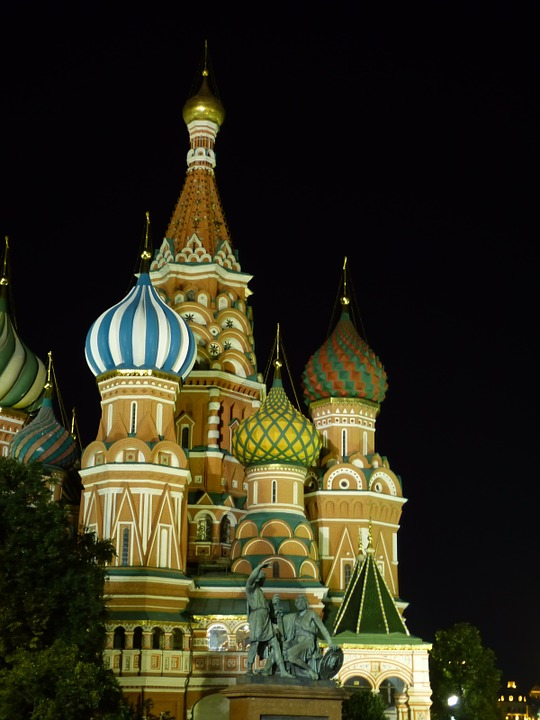
I'm confused.
These days, "nationalism" is all the rage on the right. I put it in quotes because there are a lot of different ideas of what nationalism means. Some of it is just rah-rah "
And for the so-called "alt-right," it's not even code.
"The ideal of a white ethno-state -- and it is an ideal -- is something that I think we should think about in the sense of what could come after America,"
Note the phrase "after America." For that crowd, American patriotism -- love for our creeds of liberty and devotion to the
Among intellectual conservatives there is a much more elevated and defensible call for a renewed sense of national identity, one that is racially inclusive and rooted in American history and patriotism.
For instance, my
That strikes me as entirely reasonable. While I'm skeptical about the utility of relying on nationalism as an organizing political idea, I have always believed that a little nationalism is necessary for a country to bind itself together and for citizens to feel that their nation is worth defending. Sustaining the long twilight struggle against the
Moreover, without a little nationalist sentiment, it's difficult to cultivate patriotism or assimilate immigrants into American culture.
While many on the left are eager to blur the distinctions between the benign nationalism of Lowry et al. with the atavistic identity politics of
Second, and not unrelatedly, nationalists of all stripes have pinned some of their hopes on the idea that
So here's what I'm confused about. It seems to me that virtually every understanding of nationalism is rooted in the idea that the nation should be jealously defended from foreign interference, aggression and insult. Even purely symbolic disrespect should quicken the blood of every true nationalist.
In ancient
Meanwhile, it is now an accepted fact that the Russian government attempted to meddle in our elections and is planning on doing so again in 2018 and beyond. Members of the Trump administration, with the notable exception of the president himself, are unequivocally blunt about this. But where is the outrage from the nationalist caucus?
To be fair,
But at least part of this outrage lacuna must be attributable to the distorting effects of partisanship. The Russians didn't win the 2016 election for Trump, but the whole topic remains politically charged for him, and his refusal to squarely address this issue sends a powerful signal to his own party. So it gets downgraded to a mere technical challenge for the Deep State to handle. And maybe that's the right course.
But it does pose an interesting question: How powerful can nationalism be if it cannot overpower partisan loyalty?
Comment by clicking here.
Jonah Goldberg is a fellow at the American Enterprise Institute and editor-at-large of National Review Online.


 Contact The Editor
Contact The Editor
 Articles By This Author
Articles By This Author